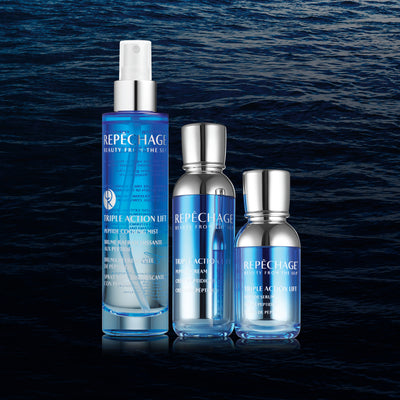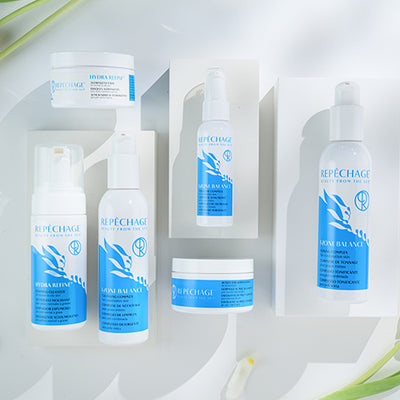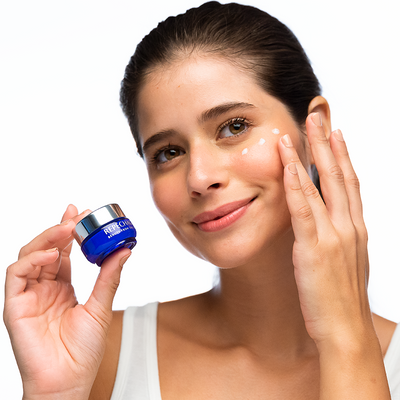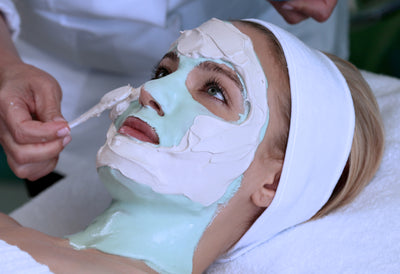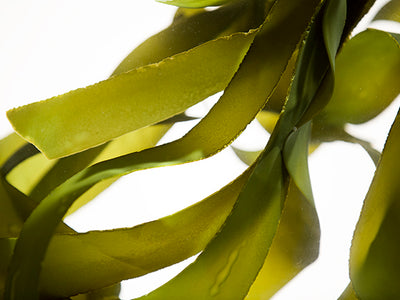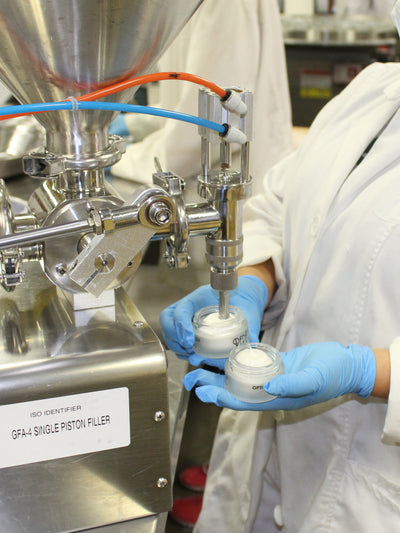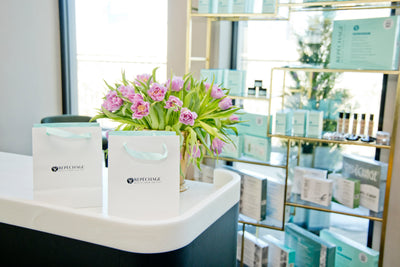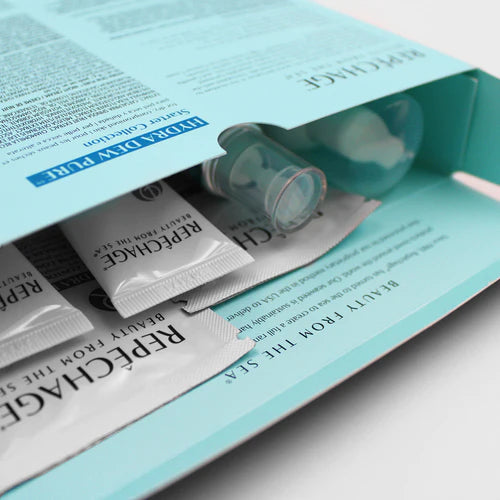What Causes Skin Sensitivity?

Is your skin looking red and inflamed or feeling irritated? If so, it falls into the sensitive skin category. Although genetics may to be blame, a lot of the sensitivity you may feel is actually as a result of external factors. Here’s a list of possible triggers.
The Sun and Environmental Pollutants
Besides sunburn, how do these create skin redness? Environmental pollutants from cars, smokestacks, smoking, and the sun create ROS (Reactive Oxygen Species) which are one of the most common free radicals. Free radicals attack your skin cells’ DNA, leading to inflammation, redness, and irritation. **Always wear an environmental protection cream before stepping outside!**
Over-Exfoliating
The normal amount of times you should be exfoliating is 2-3 times a week. However, those with sensitive skin may need to exfoliate less. Overdoing it can damage the skin, leading to redness and inflammation, causing the skin to look like a bad sunburn. This is because the skin’s protective barrier may be disrupted, allowing for foreign invaders to enter the skin and irritate it. Some exfoliators or “scrubs” can be too rough, that they actually scratch the skin and cause microscopic tears leading to irritation and inflammation. Overusing acid-based exfoliators and even retinoids can also break down the skin’s barrier. This also applies to professional services, like strong chemical peels or microdermabrasion.
Stress
Add skin redness to your list of reasons why to stress less! Stress increases your heart rate, which in turn increase your blood flow and cause facial redness. Stress also weakens the body’s natural defenses, which makes your skin more susceptible to free radical destruction.
Rubbing Your Skin
We’ve advised before that this is one habit that leads to breakouts, but this is especially a no-no for sensitive skin! Rubbing can create a “rug burn effect” on your skin – the skin becomes injured, and as a result inflammation and irritation occur.
The Weather
In the colder months, sudden and extreme temperatures and going from a cold outside to a warm inside can cause the capillaries to dilate. Your skin can also become dry from the lack of humidity in the air. These effects can enhance the appearance of sensitive skin.
Foods/Beverages: Spicy Foods, Hot Beverages, Dairy and Alcohol
Facial flushing can happen after consuming spicy foods or hot beverages. The change happens from an increase in blood flow that causes your blood vessels to dilate. For sensitive skin conditions like rosacea, spicy or hot foods, dairy and alcohol are known triggers for flare-ups.
Bleaches, Detergents or Soaps
Bleaches and detergents in your laundry or cleaning products and soaps (bar soaps or hand soaps) are highly alkaline – meaning they have a high pH value between 9-13. A healthy pH for your skin is around 5.5. When such highly alkaline substances come into contact with your skin, two things occur: they irritate your skin and strip your skin’s protective barrier leaving it susceptible to further damage.
Fragrances and Dyes
Fragrances found in your perfume, bath or skin care products, and dyes in clothing, are very common skin irritants. This is because fragrances are often manufactured using irritating ingredients. These ingredients and dyes both strip your skin of its natural oils, which disrupts your skin’s barrier and creates irritation.
If you experience facial redness, flushing, inflammation or irritation, be mindful of these factors that may be making your skin condition worse. More importantly, make the switch to skin care for sensitive skin and use it in your everyday beauty routine!
Have any questions related to sensitive skin? Leave them for us in the comments below!




